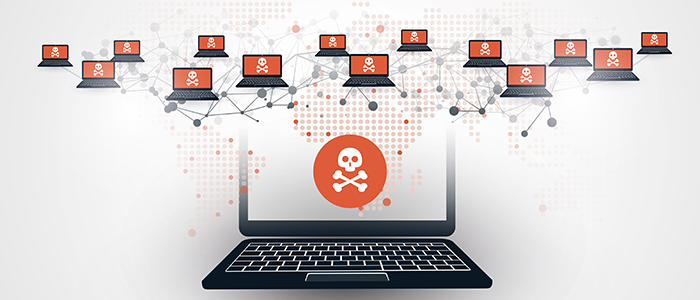Formulating strong cybersecurity policies and laying down clear best practices for your staff is one of the most effective ways to protect your business from cybercrime. A robust IT security policy strengthens your company’s defenses, improves compliance, and empowers employees to become active participants in protecting sensitive data.
Key Areas Every Cybersecurity Policy Should Cover
Password Security Policies
Passwords remain a major line of defense. Your cybersecurity policies should clearly define:
- Password rules: Set minimum complexity standards requiring a mix of uppercase, lowercase, numbers, and symbols.
- Password best practices: Encourage the use of unique passwords for different systems and accounts.
- Password sharing: Strictly prohibit the sharing of passwords and outline the risks involved.
- Corrective actions: Specify disciplinary measures for employees who violate password protocols.
Personal Device (BYOD) Security Policies
Allowing employees to use personal devices introduces additional cybersecurity risks. Your bring your own device (BYOD) security policy should address:
- Eligibility: Define who is permitted to use personal devices for work, considering their access to sensitive data.
- Security standards: Require regular malware scans, updated antivirus protection, and operating system patches.
- Approved device types: List acceptable devices, software, and operating systems based on security reliability.
- Public Wi-Fi risks: Educate employees about the dangers of connecting to unsecured networks at airports, hotels, and public areas.
Cybersecurity Measures and Compliance Policies
Strengthen your internal cybersecurity protocols by documenting digital and physical security measures:
- Digital security: Outline the use of anti-virus software, firewalls, secure VPNs, and encryption tools.
- Physical security: Include controls like biometric access, CCTV systems, and secure server rooms.
- Employee turnover procedures: Describe how access is revoked when an employee resigns, changes departments, or is terminated. Include immediate password resets and account deactivations.
Why Strengthening Your Cybersecurity Policies Matters
Today’s businesses run on data, but so do cybercriminals. A lax cybersecurity framework puts your brand, customer trust, and financial stability at serious risk. Creating strong, enforceable cybersecurity policies — and ensuring every employee follows them — is essential to minimizing risk and improving resilience against threats.
Need help reviewing or strengthening your IT security policies? Contact Tobin Solutions for expert cybersecurity guidance and comprehensive IT support tailored to your business needs.
© 2025 Tobin Solutions. All rights reserved.
